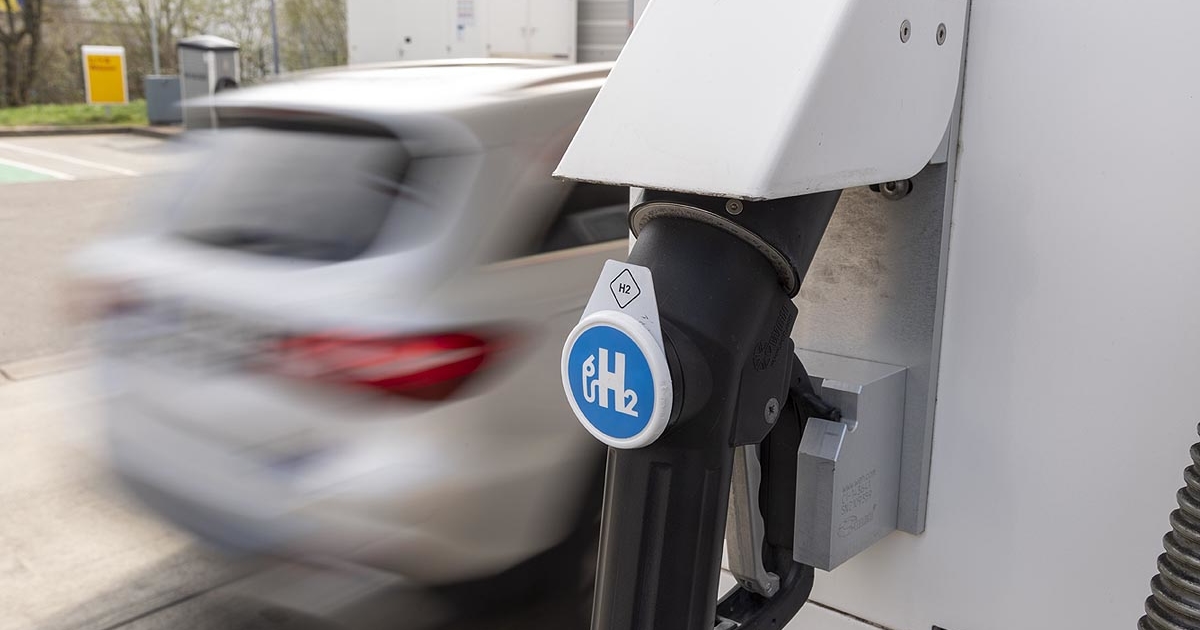
STUTTGART, Germany — Auto parts supplier Robert Bosch said it has started volume production of a fuel cell power module for U.S. electric truck startup Nikola Corp.‘s upcoming, hydrogen-powered Class 8 semi.
The production launch is the latest step for Bosch, the world’s largest auto supplier, in its big bet on hydrogen as an alternative power source for vehicles.
The company said it expects hydrogen technology to generate about $5.5 billion by 2030, anticipating that 1 in 5 new trucks that weigh more than 6 tons will be hydrogen-powered by that time.
The module will debut on the Nikola Tre FCEV, which is expected to hit the U.S. market in the third quarter. Bosch is producing the systems at its Stuttgart-Feuerbach manufacturing complex in Germany, and it will supply the plant with components such as fuel-cell stacks and electric air compressors from other factories in Germany.
Fuel-cell power module production has also begun at Bosch’s plant in Chongqing, China. Components there will be sourced from Bosch’s plant in Wuxi, China, the company said.
“Bosch is one of the very few companies that are capable of mass producing technology as complex as fuel-cell stacks,” Bosch Mobility head Markus Heyn said in a statement. “We don’t just have the required systems expertise, but also the capability of quickly scaling up new developments to mass production.”
While hydrogen-powered vehicles account for a minuscule fraction of vehicles in production, Bosch anticipates rapid growth in the coming years. The company said it plans to invest about 2.5 billion € ($2.75 billion) on hydrogen tech between 2021 and 2026, up from its previous target of spending 1.5 billion € between 2021 and 2024.
That technology also includes investments in hydrogen electrolyzers, which split water into hydrogen and oxygen. Bosch said it will build 1.25-megawatt prototypes of its electrolyzers for pilot programs and anticipates production beginning in 2025.
It also plans to launch a hydrogen engine by 2024, and said it already has four orders. The company “expects six-figure unit volumes by 2030,” Bosch said in a news release.
“A hydrogen engine can do everything a diesel engine does, but on top of that, it is carbon neutral,” Heyn said. “It also allows a fast and cost-effective entry into hydrogen-based mobility.”
The fuel-cell power module Bosch is making for Nikola is part of an ongoing relationship.
The companies reached an agreement in 2021 that Bosch would supply power modules and other hydrogen-related components to Nikola by 2023. Bosch is a significant investor in Nikola, though it reduced its stake in the company in 2020.
Bosch ranks No. 1 on Automotive News’ 2023 list of the world’s top suppliers, with annual parts sales to automakers of $50.46 billion in 2022.